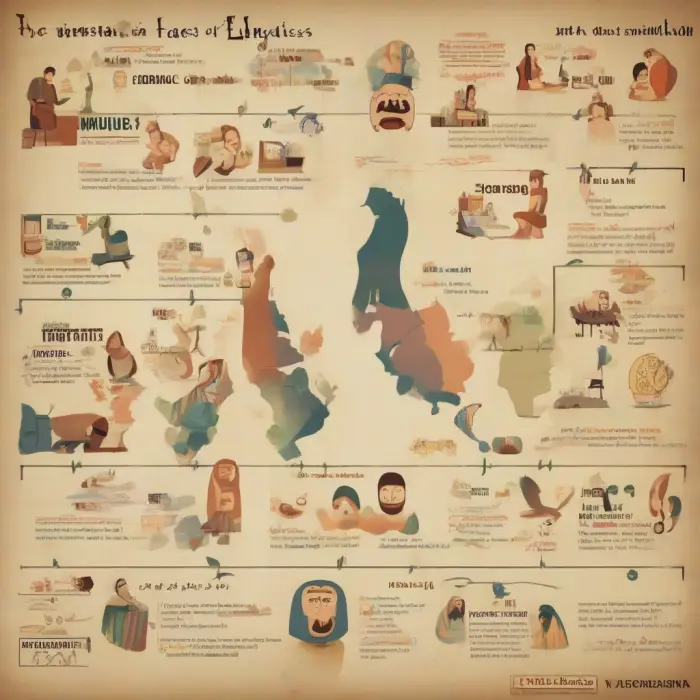Intriguing Facts About the Impact of Climate Change on Ecosystems
Climate change has emerged as one of the most pressing issues of the twenty-first century, and its effects on ecosystems present intriguing, complex and worrisome impacts that are worth exploring. As global temperatures rise, climatic conditions around the world are shifting, affecting ecosystems in numerous ways - from the melting of polar ice caps to the endangerment of various species.
1. Impact on Biodiversity
Biodiversity is seriously impacted by climate change. Alterations in temperature, precipitation levels and frequency of extreme weather events can threaten species unable to adapt, leading to extinction events and changes in the distribution of flora and fauna. The loss of biodiversity can disrupt ecosystems, alter their functions, and weaken their ability to recover from disturbances. For example, research suggests that a third of all land species face extinction if the world continues to warm at its current rate.
2. Shift in Species Distribution
An intriguing impact of climate change is the change in geographical distribution of species. Changing climatic conditions can make a species' traditional habitat inhospitable, forcing them to move in search of more favorable conditions. For instance, marine species are moving towards cooler waters at a rate of approximately 70 kilometers per decade.
3. Changes in Phenology
Phenology, the study of seasonal changes in flora and fauna, is significantly impacted by climate change. With warmer conditions, many species are experiencing altered life cycles, including earlier nesting or migration times, and changes in flowering and fruiting times. This can disrupt ecosystem dynamics, affecting predator-prey relationships and competitive interactions among species.
4. Impact on Coral Reefs
Perhaps the most striking examples of climate change's impact on ecosystems are coral reefs. Rising sea temperatures and ocean acidification have led to large-scale coral bleaching events, weakening these incredibly biodiverse ecosystems and leading to loss of species and the benefits they provide, such as fishing and tourism.
5. Changes in Ecosystem Services
Adverse effects of climate change are not restricted to ecological dynamics alone but also impact the services provided by ecosystems to human societies. These encompass provisioning services (like food and water), regulating services (such as the control of climate and disease), supporting services (like nutrient cycles and crop pollination), and cultural services (such as spiritual and recreational benefits).
6. The Resilience of Ecosystems
Despite the numerous pressures, certain ecosystems display astonishing resilence. For instance, mangroves and salt marshes have the natural ability to store vast amounts of carbon, helping in mitigating climate change. Some species are able to adapt quickly to changing conditions, providing hope for future biodiversity.
In conclusion, the impacts of climate change on ecosystems are a fascinating and challenging area of study, providing glimpses of the intricate and dynamic connections within biodiversity, present equally in decline and resilience. It underscores the urgency for conservatory actions and changes in human behavior— our lifestyles, consumption patterns, and indeed, our relationship with the natural world.










